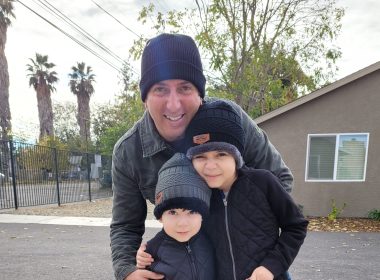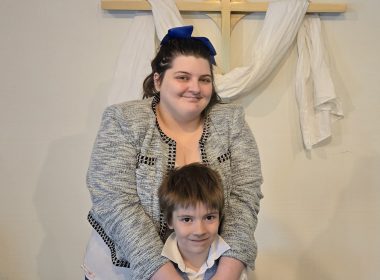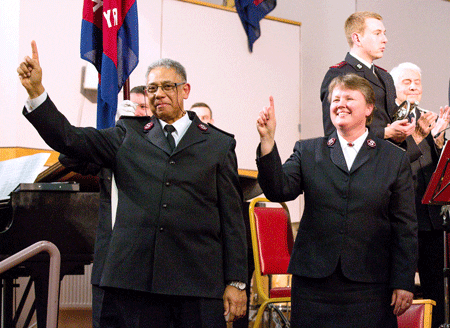By Robert Docter, Editor-In-Chief
The history of Christ is the best document of the power of character we have.
A youth who owed nothing to fortune and who was “hanged at Tyburn”—by the sheer quality of his nature has shed this epic splendor around the facts of his death which has transfigured every particular into a grand universal symbol for the eyes of all mankind ever since.
He did well. This great Defeat is hitherto the highest fact we have. But he that shall come shall do better.
There ought to be no such thing as Fate. As long as we use this word, it is a sign of our impotence, and that we are not yet ourselves. There is now a sublime revelation in each of us. …I know that the whole is here—the wealth of the Universe is for me.
And yet whilst I adore this ineffable life which is at my heart, it will not condescend to gossip with me, it will not announce to me any particulars of science, it will not enter into the details of my biography and say to me why my son dies in his sixth year of joy.
Herein, then I have this latent omniscience coexistent with omniignorance. Moreover, whilst this Deity glows at the heart and gives me all powers, I know that tomorrow will be as this day. I am a dwarf, and I remain a dwarf. That is to say, I believe in Fate, and will continue to do so until God fills me with his fullness. Then I shall see the disappearance of fate.
I am Defeated all the time, yet to Victory I am born.
If I should write an honest diary, what should I say? Alas, that life has halfness, shallowness. I do not satisfy myself. How can I satisfy others?
“Halfness” is an undefined term in common dictionaries. As such, its meaning requires interpretation. It describes a way of being wherein “we see but a poor reflection [of life] as in a mirror (1 Cor. 13:12 NIV1984). It implies incompleteness.
I view the passage this way. Emerson recognizes the difficulties involved in having the vision of the goal related to living in wholeness; yet, in the reality of our human non-perfection, we are, at this time, unfinished. Doubt invades with unanswerable questions. Temptation vanquishes the weak-willed. Self-centeredness takes over as it plays out its destiny in an ethic swallowed in fog.
We seek some kind of perfection and fail miserably. Perfection is unattainable, for we are imperfect people.
Paul, writing his memorable “Love Chapter” to his church in Corinth, said:
Love never fails. But where there are prophecies, they will cease; where there are tongues, they will be stilled; where there is knowledge, it will pass away, for we know in part and we prophesy in part, but when perfection comes the imperfect disappears (1Cor. 13:8-10 NIV).
Does this mean we simply give up, lay down, slip sideways and stand for nothing?
Some do. “The mind requires a far higher exhibition of character, one that shall make itself good to the senses as well as to the soul—a success to the senses as well as to the soul” (Emerson).
While recognizing that absolute completeness eludes us, the quality of one’s character and the nature of that person’s belief system determine how close that person is to being full or complete.
I see “halfness” as a quantity less than full—not necessarily an exact measure, neither full nor empty. It describes someone with something to contribute, but stuck in shallow commitment contributing to feelings of guilt, and even that, quickly denied.
What needs to happen, as Paul writes in 1 Corinthians 12, is to invite God’s Spirit into our lives. It’s Holy—how can you go wrong with that? When we do, God’s various gifts are handed out to us by the Spirit. Each person is given something to do that shows who God is: Everyone gets in on it, everyone benefits. …The variety [of the gifts] is wonderful (MSG).
Paul, then, lists the gifts. Here are some:
• wise counsel
• clear understanding
• simple trust
• healing the sick
• miraculous acts
• proclamation
God decides who gets what and when (MSG).
God wants us to think about how this makes us more significant, not less. He tells us how we can modify our halfness. All humans are dependent on other humans, and, with him, we can put our halfnesses together. If all people do their part and use the gifts given them, we become a power to be reckoned with.
Accepting and using God’s gifts along with others, provide victory even in our halfness.







